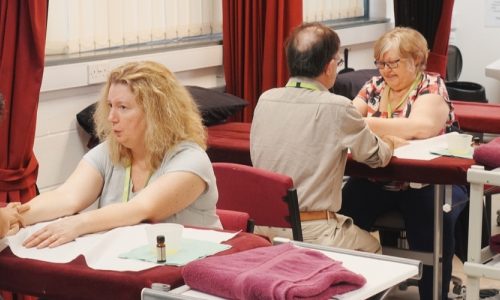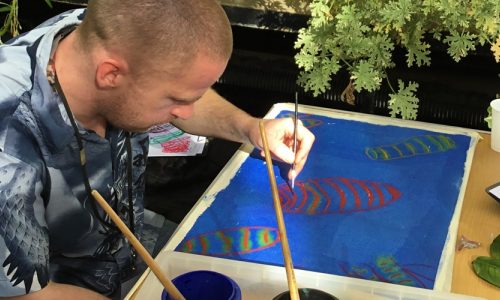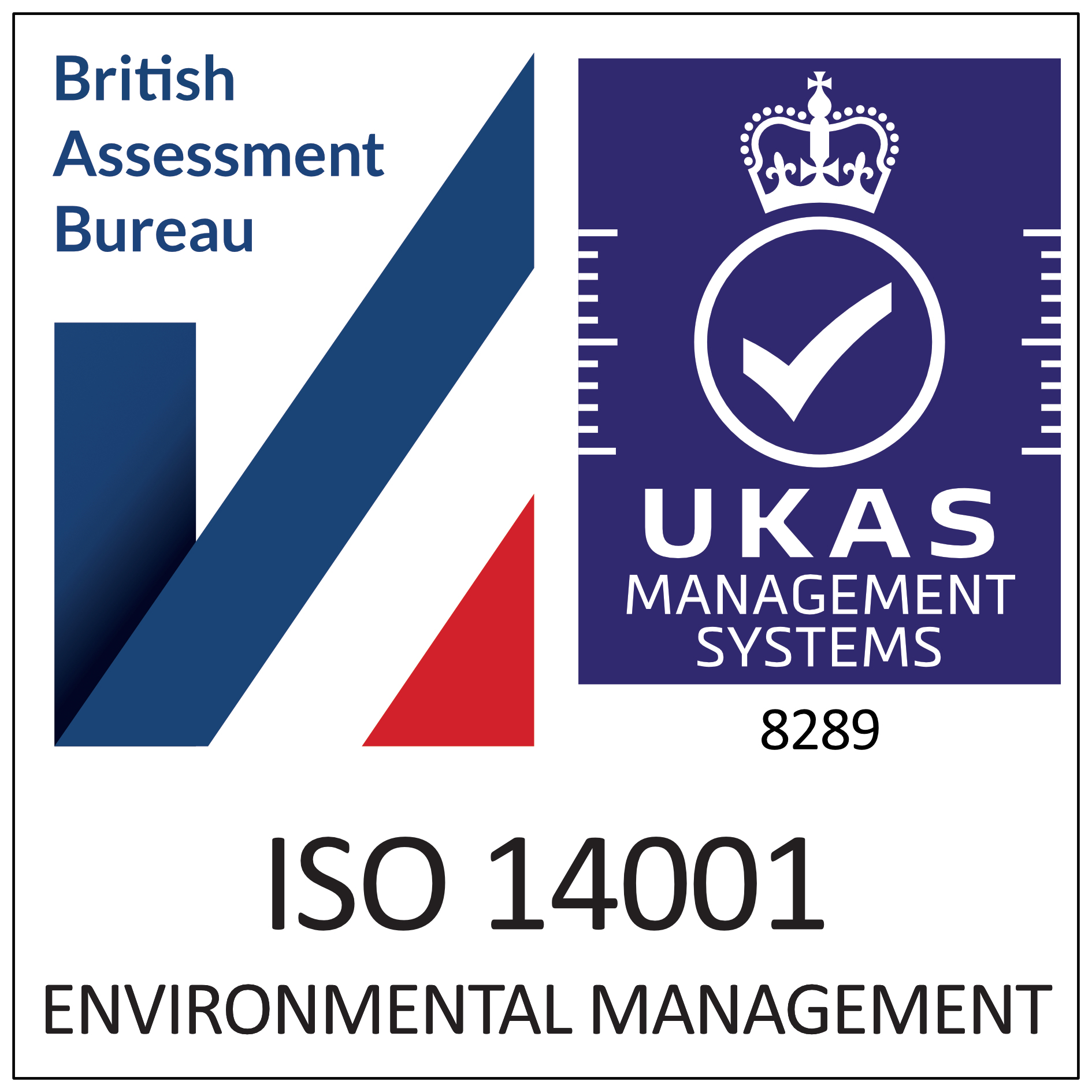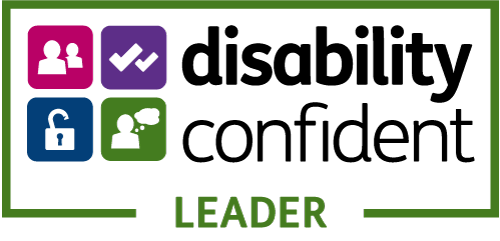Oxfordshire Adult Learning offer a series of two-hour workshops to any volunteers in the county, or to anyone considering volunteering.
You can explore the different workshops we run, both for first-time volunteers and those with experience, below.
To find out more or to set up one or a series of workshops, contact our team today:
Emma Engel - emma.engel@abingdon-witney.ac.uk | 01235 216363
Brid Muldoon - brid.muldoon@abingdon-witney.ac.uk | 01235 216420
Building Resilience:
Explore the benefits of resilience when coping with a life disruption or extended periods of pressure. It highlights the need to remain flexible in our thoughts, feelings and behaviours, so that we can emerge from difficulty stronger, wiser and more able.
Communication Skills
Utilise effective communication skills to convey information. Develop skills that includes an awareness of the significance of body language, the ability to communicate assertively and the use active listening skills.
Community Development
Find out about the values and principles of Community Development. Explore the different types of communities and what barriers may exist to community involvement. Learn how to undertake a community profile.
Conflict Resolution
An introduction to effective conflict resolution skills that can make the difference between positive and negative outcomes. By learning how to manage conflict the learner can not only acquire the skills to be more aware of any potential danger but also the skills required to seize the opportunities the conflict can also bring.
Emotional Literacy
Emotional literacy refers to the ability to recognise, understand, handle and appropriately express emotions. An emotionally literate person will be aware and think about their emotions/feelings before they react to that emotion. They will use their capabilities to manage their life positively and take responsibility for their own actions and relationship.
Growth Mindset
Find out about the concepts of a fixed and growth mindset and the underlying belief people have about achievement and success. Explore the benefits of adopting a growth mindset to manage life’s difficulties and challenges; an attitude that allows one to look at a mistake and learn from it rather than feeling a failure.
Groupwork and Leadership Skills
Consider some key leadership styles and skills that can contribute to the creation of an effective group. The different roles people may adopt when working in a group will be explored as well as the significance of group dynamics.
Mentoring Skills
An introduction to the process of mentoring and what is involved in developing an effective learning relationship. The aim of a mentor is to help people to take charge of their own development, release their potential and achieve the results they value. This workshop includes a variety of tools, tips and ideas to facilitate the creation of an appropriate mentor/mentee relationship.
Mindfulness
An introduction to the benefits of Mindfulness - a method of mental training that provides a set of simple, yet powerful practices to help manage the daily stresses of life. It offers ways to break free from some unconscious habits of thinking and behaving that can prevent someone from living life to the full.
Participatory Action Research
An introduction to the principles of participatory action research. This approach differs from other methods of research as it is based on collective, self-reflective inquiry to address issues identified and defined by a community. It is owned and controlled by the community who initiate the project and is directly linked to action and change.
Restorative Practice
Restorative practice draws upon principles of community-building, reconciliation and peacemaking. Through the practical implementation of restorative practices, key stakeholders are drawn together to resolve a conflict collectively and address the future impact of the conflict. Restorative justice can facilitate dialogues, manage conflicts and strengthen communities.
Teambuilding
An introduction to approaches that can provide the best environment for a team to flourish. It considers ways to overcome resistance to teambuilding, create synergy and operate as a team where all members feel valued and included.
Time Management
Identify the benefits of good time management. Time management requires commitment to action and change; to plan and prioritise tasks so that there is time to achieve goals and targets. If you plan what to do and when, then stick to it, you will find the time.
Transactional Analysis
An introduction to Transactional Analysis – a technique that investigates human relationships by focusing on the precise content of people’s interactions. It is a theory of inter-personal communication, development, growth and change, with a philosophy of mutual self-respect and acceptance. From its original development in the USA by Eric Berne in the 1950s it is based on a belief in everyone’s ability to learn and the potential for change.
Understanding and Challenging Discrimination
Explore the benefits of a non-discriminatory approach. Develop a greater understanding of the roots of prejudice and discrimination. Work toward providing an inclusive approach that celebrates individuality and diversity.

















